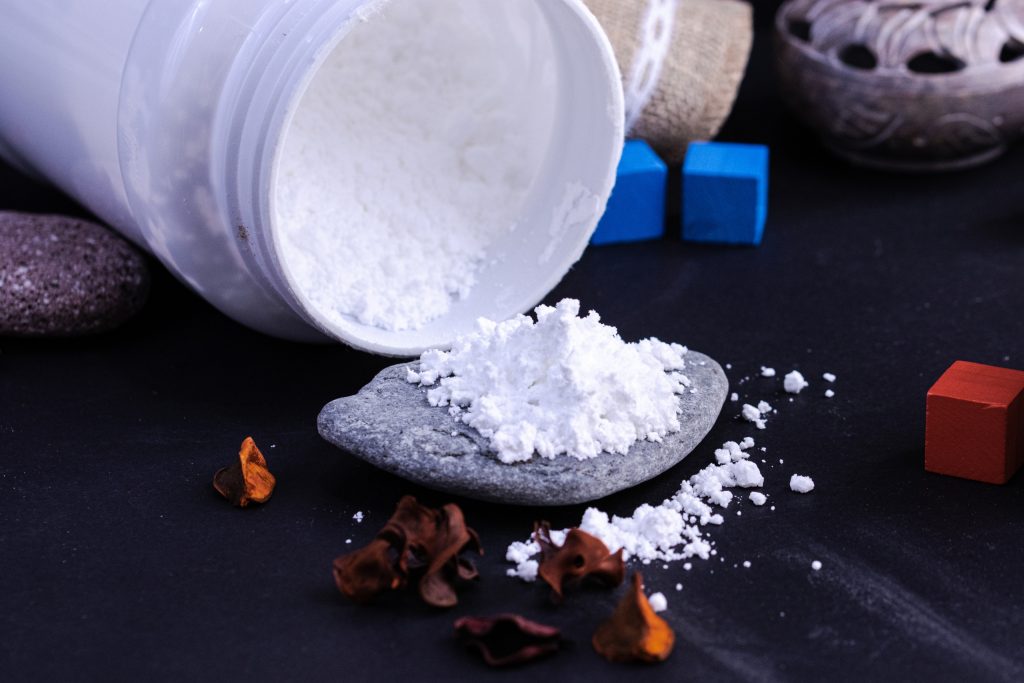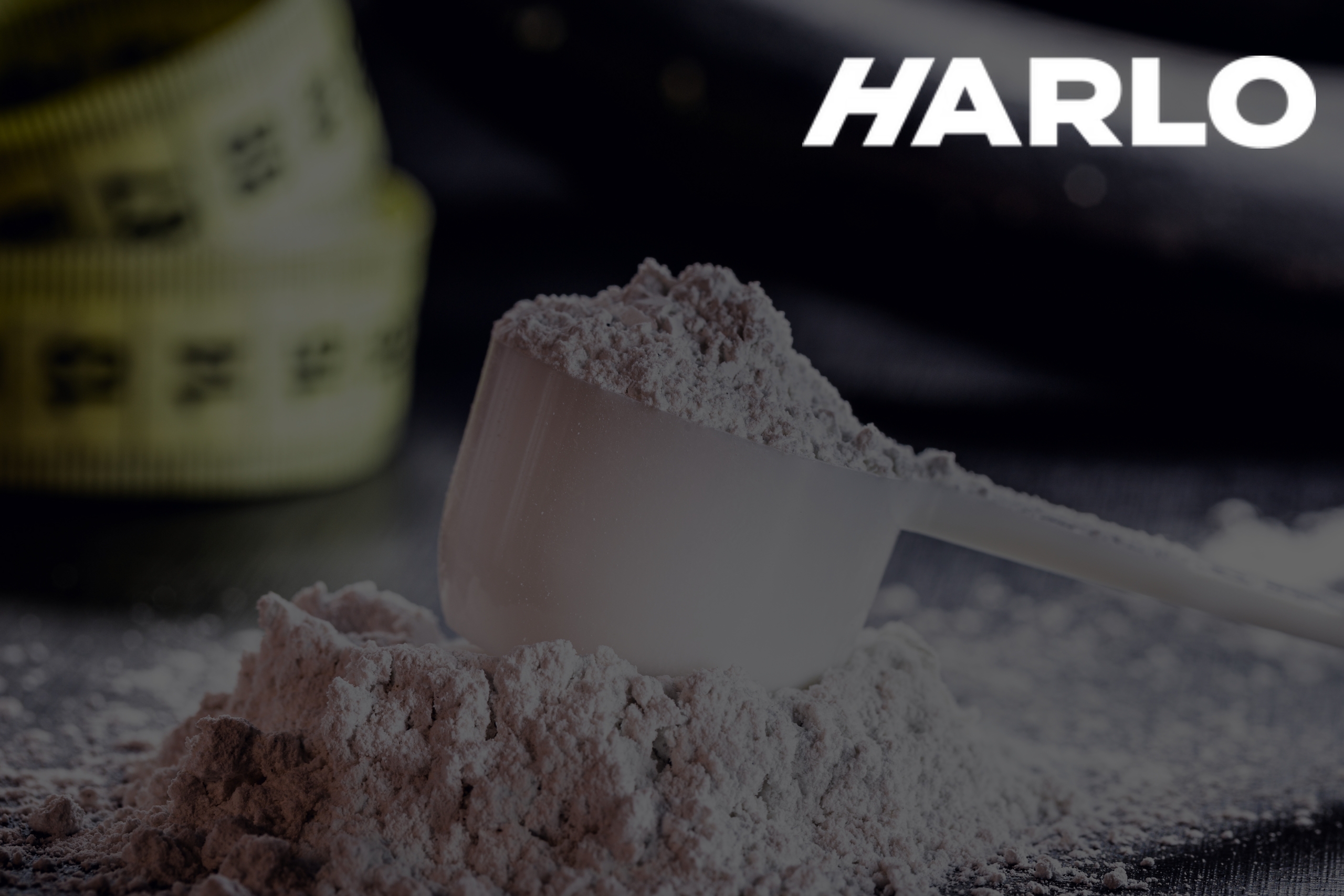Supplements have become an integral part of the fitness world, particularly in strength training. As individuals strive to optimize their performance and achieve their fitness goals, the importance of supplements cannot be overstated. One such supplement that has gained popularity among athletes and fitness enthusiasts is creatine monohydrate. Creatine monohydrate is a naturally occurring compound found in small amounts in our bodies, but it can also be consumed through dietary sources and supplementation. This supplement has been extensively studied and has demonstrated numerous benefits, including increased muscle strength, power, and exercise performance.
In addition, creatine monohydrate has shown potential for enhancing muscle mass, improving recovery, and supporting overall exercise capacity. With its ability to enhance athletic performance and aid in muscle growth, creatine monohydrate has become a staple supplement for individuals looking to maximize their physical potential in strength training. In this article, we will delve deeper into the definition of creatine monohydrate and explore the significant role it plays in the realm of supplements for strength training.
What is Creatine Monohydrate?
Creatine monohydrate is a naturally occurring compound found in the body that plays a crucial role in energy production. Chemically, it is composed of three amino acids – arginine, glycine, and methionine. The chemical structure consists of a nitrogen-containing ring that enhances its ability to store and transfer energy.
In the body, creatine can be produced by the liver, kidneys, and pancreas. It can also be obtained through dietary sources like fish, meat, and other animal products. Furthermore, some individuals also take creatine supplements to increase their creatine levels for improved physical performance.
Creatine monohydrate functions as an energy reservoir in cells. When creatine is depleted, adenosine triphosphate (ATP), the primary fuel for cellular energy, is converted into adenosine diphosphate (ADP). Creatine then donates its phosphate group to replenish ATP levels, allowing cells to sustain energy production and function optimally.
The main role of creatine monohydrate is to provide quick bursts of energy during intense physical activities, such as weightlifting or sprinting. By increasing the body’s creatine stores, the capacity for ATP synthesis is enhanced, leading to improved muscle strength, power, and endurance.
Benefits of Creatine Monohydrate for Strength Training
Creatine monohydrate is a popular supplement among athletes and fitness enthusiasts due to its numerous benefits for strength training. Here are some of the key advantages of using creatine monohydrate:
- Increased muscle strength and power: Creatine monohydrate has been scientifically proven to enhance muscle strength and power. It works by increasing the production of adenosine triphosphate (ATP), which is the primary source of energy for muscle contractions. This allows you to lift heavier weights and perform more intense workouts, leading to greater gains in strength and power.
- Improved muscle endurance: Creatine monohydrate helps to reduce muscle fatigue and increase endurance during intense training sessions. By replenishing ATP stores more quickly, it allows you to maintain high levels of energy for longer periods, resulting in improved performance and prolonged exercise capacity.
- Enhanced muscle recovery: Creatine monohydrate has been shown to aid in muscle recovery after intense workouts. It helps to reduce muscle damage and inflammation, enabling faster repair and regeneration of muscle fibers. This results in quicker recovery between training sessions and reduced risk of overtraining.
- Increased muscle mass: Creatine monohydrate can also promote the growth of lean muscle mass. By enhancing muscle strength and power, it allows you to push your muscles to their maximum potential, leading to greater stimulation for muscle growth. Additionally, creatine monohydrate also increases water content within the muscle cells, resulting in a fuller and more volumized appearance.
Effects of Creatine Monohydrate on Athletic Performance
Creatine monohydrate is a popular supplement among athletes and fitness enthusiasts due to its potential impact on athletic performance. This naturally occurring compound is found in small amounts in foods such as meat and fish and can also be produced in the body. When taken as a supplement, creatine monohydrate increases the body’s stores of phosphocreatine, a form of energy used during high-intensity exercise.
One of the primary effects of creatine monohydrate on athletic performance is its ability to enhance the performance of high-intensity exercise. This includes activities such as weightlifting, sprinting, and jumping. By increasing phosphocreatine levels in the muscles, creatine monohydrate allows for greater energy production during intense exercise, leading to improved power, strength, and speed. This can result in increased performance and better results in activities that require short bursts of energy.
In addition to its impact on high-intensity exercise, creatine monohydrate also has an influence on overall physical performance. This includes improvements in muscular endurance, muscle mass, and recovery. By increasing the availability of energy in the muscles, creatine monohydrate enables athletes to perform more repetitions, delay fatigue, and recover faster between workouts. These benefits can be especially beneficial for endurance athletes and those participating in multiple bouts of intense exercise.
Furthermore, creatine monohydrate has a close relationship with strength training. It is often used by individuals engaged in resistance training to enhance strength gains and muscle development. Creatine monohydrate supplementation has been shown to increase muscle fiber size and improve the quality of training sessions, resulting in greater gains in strength and power over time.
How Creatine Monohydrate Works in the Body
Creatine monohydrate plays a crucial role in ATP (adenosine triphosphate) production within the body. ATP is considered the energy currency of cells, serving as a source of energy for various biological processes. Creatine helps increase the concentration of phosphocreatine in the muscle cells, which is an essential precursor for ATP synthesis.
When muscle cells require immediate energy, such as during high-intensity exercise or weightlifting, the stored ATP is rapidly broken down into adenosine diphosphate (ADP) and a phosphate group. Creatine comes into play here. It donates its phosphate group to ADP, allowing it to quickly reform back into ATP and provide energy to the muscles. This availability of ATP is vital for intense activities, as it aids in sustaining muscular contractions and delaying fatigue.
Creatine monohydrate has been widely studied for its effects on muscle cells and protein synthesis. By increasing intramuscular creatine levels, it promotes water retention within the muscle cells, leading to cell volumization. This expansion triggers signaling pathways that enhance protein synthesis, which is crucial for muscle growth and repair. Additionally, creatine supplementation has been shown to increase the expression of certain genes related to muscle hypertrophy and strength gains.
The impact of creatine monohydrate on energy levels during workouts is significant. With higher levels of ATP available, individuals experience improved muscular power and endurance. This allows for higher training intensity, increased repetitions, and reduced fatigue during resistance training or high-intensity interval workouts. Creatine also contributes to reducing muscle damage and inflammation, further improving recovery time and enabling individuals to train more consistently.
Proper Dosage and Usage
Proper dosage and usage of creatine supplementation are vital for strength training athletes to maximize their performance and achieve their fitness goals. It is important to strictly adhere to recommended guidelines to ensure safety and effectiveness.
For strength training athletes, the recommended dosage of creatine is approximately 3-5 grams per day. This dosage can be taken either pre or post-workout, as research suggests that timing is not crucial for creatine supplementation. It is advisable to divide the total dosage into smaller doses throughout the day to ensure proper absorption and utilization by the muscles.
Creatine supplementation usually involves two phases: cycling and loading. During the loading phase, athletes consume a higher dosage of creatine, usually around 20 grams per day, for 5-7 days. This phase is followed by a maintenance phase, where the dosage is reduced to the recommended daily amount. Cycling, on the other hand, involves periods of creatine supplementation and periods without it. The duration of these phases can vary depending on individual preferences and tolerance levels.
When it comes to timing, it is generally recommended to take creatine with a carbohydrate-rich beverage to increase its absorption. This can be done either pre or post-workout, depending on personal preference and convenience. Some athletes may choose to take it with their pre-workout meal or shake, while others prefer consuming it immediately after exercise.
Remember, proper dosage and usage of creatine supplementation should always be complemented with a well-balanced diet and regular exercise routine to achieve optimal results. It is essential to consult with a healthcare professional or a certified sports nutritionist before starting any new supplement regimen to ensure it aligns with individual needs and goals.

Conclusion
In conclusion, creatine monohydrate is a highly effective supplement for strength training and athletic performance. By increasing ATP levels in the muscles, creatine can improve muscle performance, increase muscle growth, enhance exercise performance, and amplify the effects of strength training. Whether you are a competitive athlete or simply looking to improve your fitness levels, creatine monohydrate can be a valuable addition to your supplement regimen. Consider incorporating creatine monohydrate into your fitness routine to experience the benefits for yourself.


